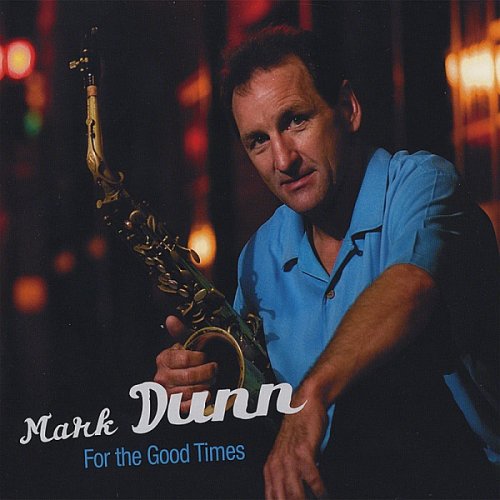Barre Phillips - We Met - and Then (2021) [Hi-Res]
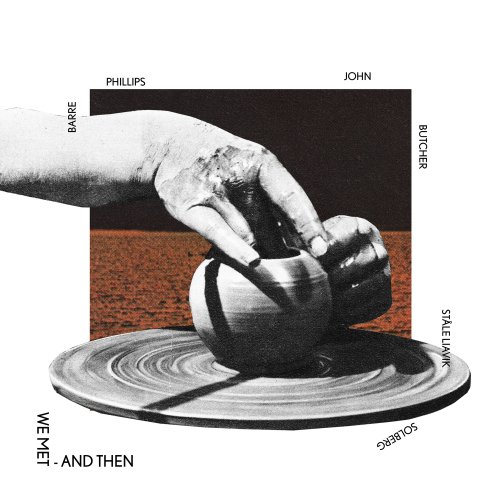
Artist: Barre Phillips
Title: We Met - and Then
Year Of Release: 2021
Label: Relative Pitch Record
Genre: Jazz
Quality: FLAC (tracks) / 24bit-48kHz FLAC (tracks)
Total Time: 54:22
Total Size: 236 / 553 MB
WebSite: Album Preview
Tracklist:Title: We Met - and Then
Year Of Release: 2021
Label: Relative Pitch Record
Genre: Jazz
Quality: FLAC (tracks) / 24bit-48kHz FLAC (tracks)
Total Time: 54:22
Total Size: 236 / 553 MB
WebSite: Album Preview
1. - and then (18:19)
2. Zero Tolerance (08:39)
3. Chaudron Profond (06:49)
4. Traveling (06:18)
5. Vivid Inkling (05:01)
6. We met - (09:16)
"Ståle Liavik Solberg and John Butcher did a duo concert in Munich in 2018. Barre Phillips, who had a new solo album on ECM to release, also played there. Then it would be like trio games as extra sets. On Blow Out! the three met again at the festival in 2019. There are recordings from these two concerts that can be heard on "We met – and then".
The trio's music has many ways, a broad set of features and forms of expression. The language we hear is well known, but the way it lives is guided by the trio's poetic handmade and unified steps. As I sit and listen to the album, I'll remember a statement from Eddie Prevost: "Nothing is more dead than yesterday's improvisation. It can be found in Gary Peter's book "The Philosophy of Improvisation". Prevost reflects on what happens to the listener who is exposed to impro on record. Who gets to repeat the improvisation several times. And what happens to the music? Derek Bailey believed improvisation could be forgotten after it was played. Pointed, philosophical paradoxes from two sizes that have documented a lot of free impro.
I see the documented impro as an offer to dive. When I listen to "We met – and then", repeatedly, I come down into the nooks and crannies of music. Then it can open up differently than it might in the one meeting you get at a concert. I live very well with both varieties. There and then – and then.
The good impro is friends with the repeat button. Butcher, Solberg and Phillips' spontaneous compositional abilities are so well developed that they carry many rounds. I find quality in the fact that the music experience changes character through the revolutions. In the fifth round of the track "Zero Tolerance", new hatches open. This trio's music can withstand the transcendence of the Ephemeral. yes, it suits it."
BARRE PHILLIPS: double bass
JOHN BUTCHER: saxophones
STÅLE LIAVIK SOLBERG: drums
The trio's music has many ways, a broad set of features and forms of expression. The language we hear is well known, but the way it lives is guided by the trio's poetic handmade and unified steps. As I sit and listen to the album, I'll remember a statement from Eddie Prevost: "Nothing is more dead than yesterday's improvisation. It can be found in Gary Peter's book "The Philosophy of Improvisation". Prevost reflects on what happens to the listener who is exposed to impro on record. Who gets to repeat the improvisation several times. And what happens to the music? Derek Bailey believed improvisation could be forgotten after it was played. Pointed, philosophical paradoxes from two sizes that have documented a lot of free impro.
I see the documented impro as an offer to dive. When I listen to "We met – and then", repeatedly, I come down into the nooks and crannies of music. Then it can open up differently than it might in the one meeting you get at a concert. I live very well with both varieties. There and then – and then.
The good impro is friends with the repeat button. Butcher, Solberg and Phillips' spontaneous compositional abilities are so well developed that they carry many rounds. I find quality in the fact that the music experience changes character through the revolutions. In the fifth round of the track "Zero Tolerance", new hatches open. This trio's music can withstand the transcendence of the Ephemeral. yes, it suits it."
BARRE PHILLIPS: double bass
JOHN BUTCHER: saxophones
STÅLE LIAVIK SOLBERG: drums

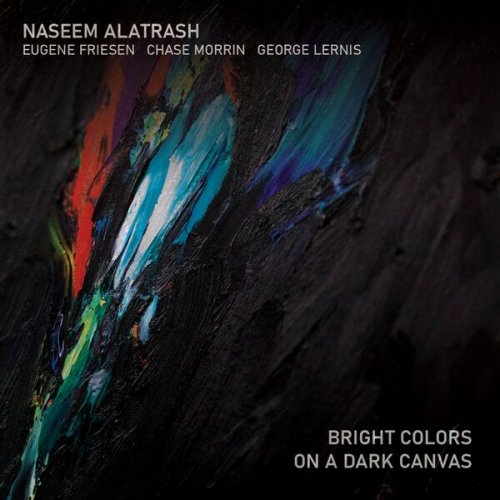

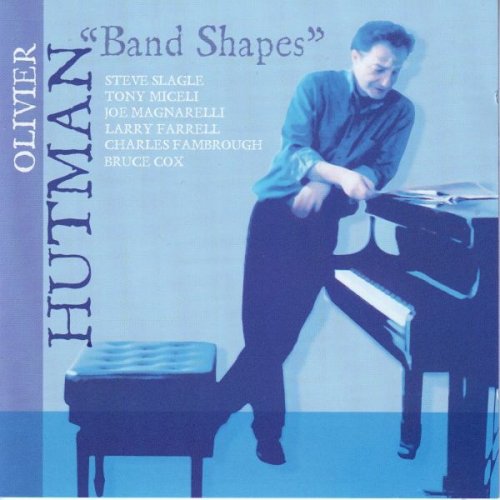
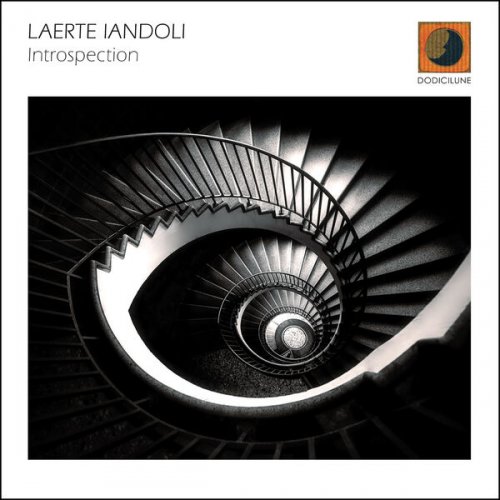


![Mehmet Ali Sanlikol - The Electric Oud Man Speaks and You Listen... (2026) [Hi-Res] Mehmet Ali Sanlikol - The Electric Oud Man Speaks and You Listen... (2026) [Hi-Res]](https://img.israbox.com/img/2026-02/28/0areq907i6p8nj96306jai1a0.jpg)
